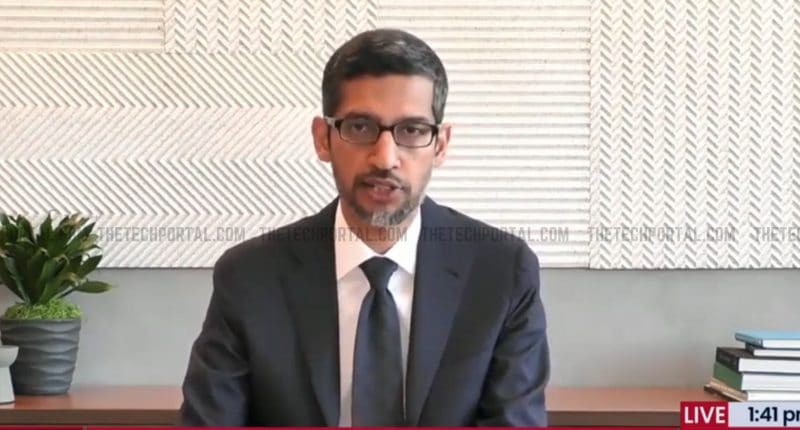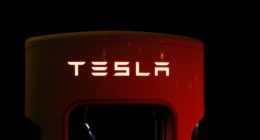Amid the growing concern for climate change, the world was in desperate need of a successful example of green and renewable practices. Various tech giants stepped up to reduce their carbon footprint and make a contribution to the environment. Making a substantial addition to that list today, is Google, which has announced that it is the first big company to have completely done away with its carbon footprint. Additionally, the company is hoping to make the switch to renewable energy to meet its global energy requirements by 2030, eliminating any carbon based energy source.
The company claims to have gotten rid of its carbon legacy, which accounts for all of its carbon emissions before it became carbon neutral in 2007. This is done by the purchase of high-quality carbon offsets.
Now, Google’s CEO Sundar Pichai says the target for 2030 is Google’s “biggest sustainability moonshot yet”. He added, “We’ll do things like pairing wind and solar power sources together and increasing our use of battery storage. And we’re working on ways to apply AI to optimize our electricity demand and forecasting”. The company had announced in May that it will not develop AI solutions for oil and gas exploration, which further adds to its efforts to tackle climate change.
Turning towards utilizing carbon-free energy for all of its business operations by 2030 means its services- Gmail, Youtube, Search engine; offices and data centers will now run on energy from carbon-free resources.
The company operates in places where it cannot reach out to green energy and in such cases, Google purchases renewable energy elsewhere to neutralize its non-renewable energy consumption. The company does this by buying projects that carry out renewable and green initiatives and this is also how the company claims to have achieved net-zero carbon footprint. However, Google has revealed that it will help develop 5 GW of new carbon-free energy sources by 2030 in places where its resources need clean energy, so this loophole will hopefully be closed very soon.
A lot of big companies have recently committed to turning their operations carbon-free. Microsoft in January had vowed to become carbon negative by 2030, Apple in July promised to turn all of its business operations carbon neutral and Amazon too committed to achieving carbon neutrality by 2040. Uber recently revealed plans for reducing its carbon footprint by transforming its fleet worldwide into an all-electric by 2040.




